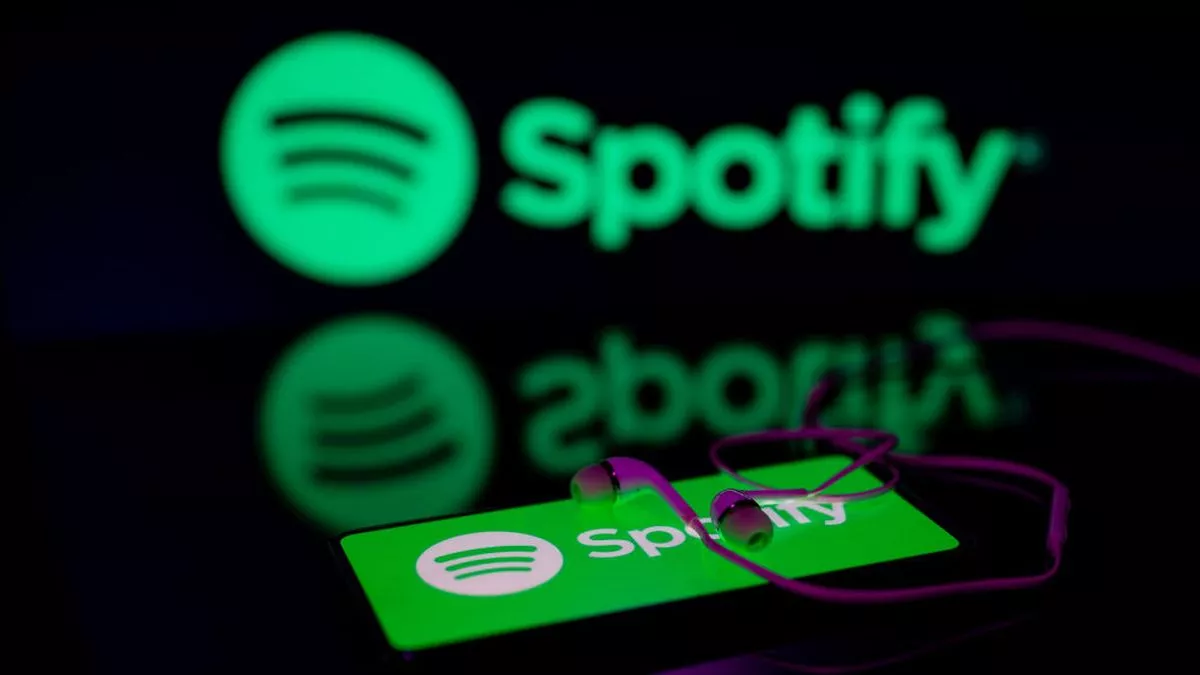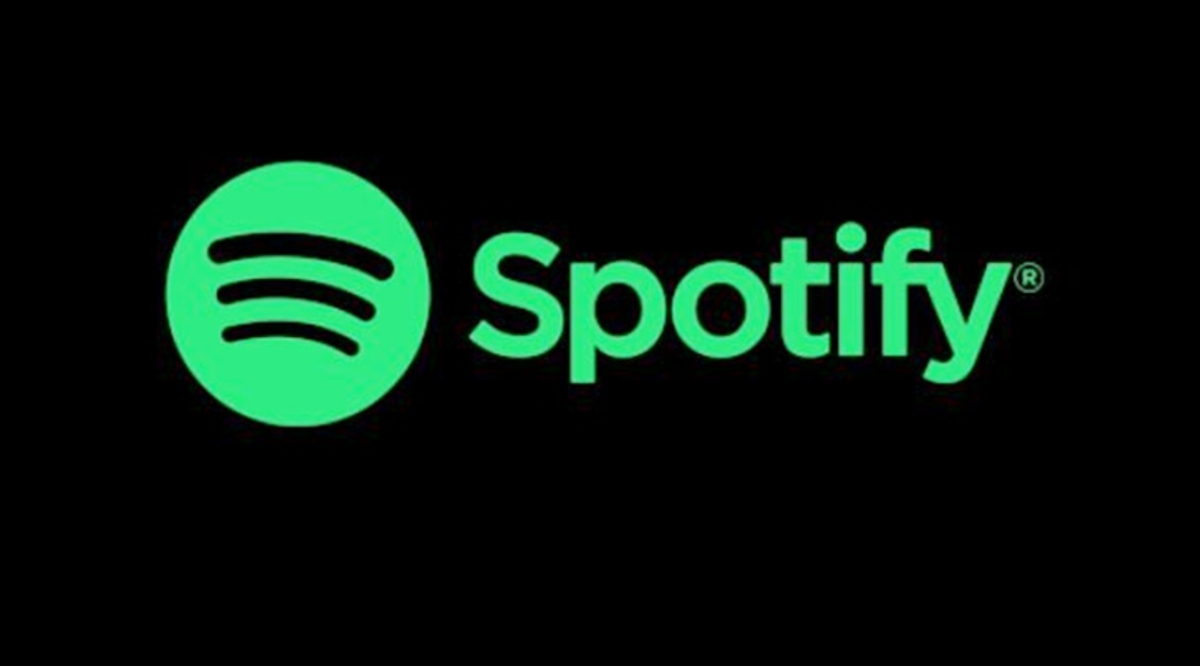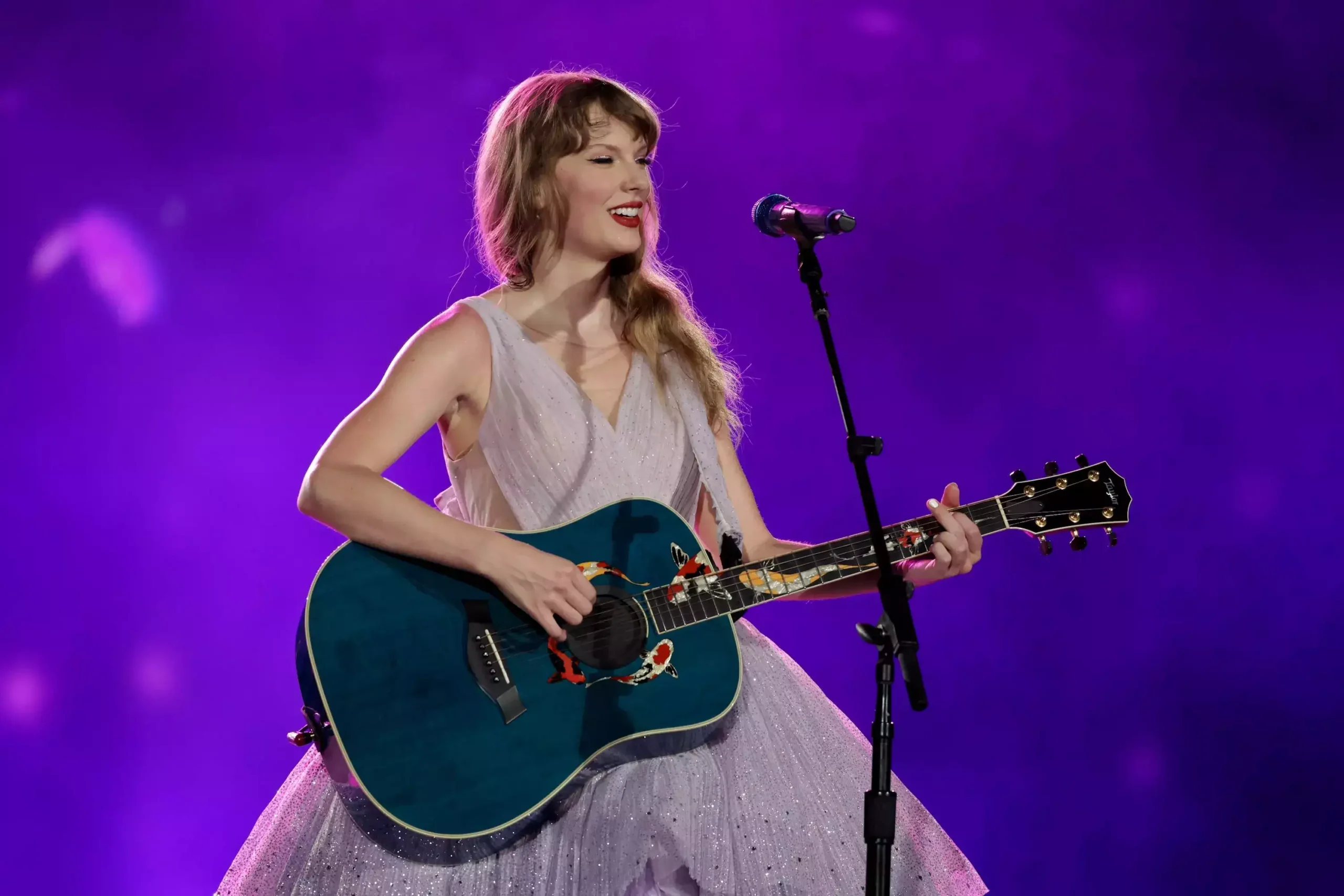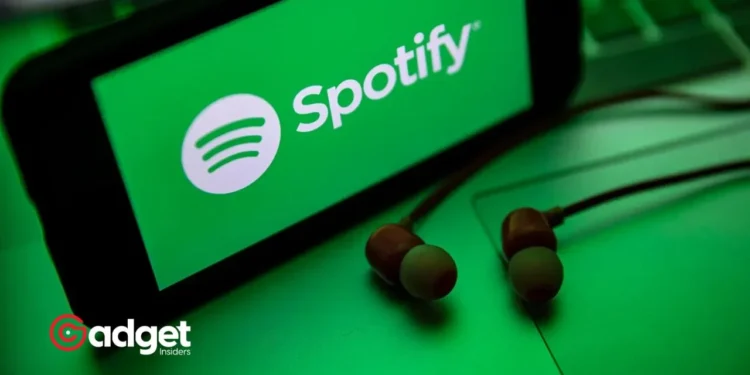In an era where streaming services like Spotify and Apple Music have become household staples, a proposed bill threatens to shake the very foundation of how we consume music. Spearheaded by Representatives Rashida Tlaib (D-Michigan) and Jamaal Bowman (D-New York), the Living Wage for Musicians Act aims to address a long-standing issue: the financial challenges faced by musicians, especially those who haven’t hit the big time. But at what cost to consumers?
The Proposed Solution That’s Stirring Debate
At the heart of the proposal is a tax intended to bolster musicians‘ earnings, a move that would increase music streaming bills by 50%. This means subscribers could see their fees hike by an additional $4 to $10 a month.
While the intent is to create a fairer distribution of revenue, favoring artists over streaming giants, the potential impact on consumers is significant. Amidst a backdrop of economic uncertainty, with many Americans grappling with inflation and the escalating cost of living, the proposal has sparked widespread skepticism.

Music: The Rationale Behind the Push
The proponents of the bill argue that the current streaming model significantly underserves artists, with the lion’s share of profits going to the platforms and major labels. Damon Krukowski, a member of the United Musicians and Allied Workers, underscores the struggle for artists to earn a living in the streaming era.
Anyone want to pay an extra 50% for their Spotify subscription? This bill would make it mandatory. https://t.co/h914eg9xW0
— Business Insider (@BusinessInsider) March 29, 2024
However, critics question the viability of imposing a hefty tax on consumers as the solution. The bill cleverly skirts around existing label agreements, proposing instead an additional revenue stream that would directly benefit artists.
Yet, the lack of transparency regarding the exact cost implications for consumers has only fueled further speculation about the bill’s feasibility and true intentions.

A Comparison with Existing Consumer Fees
The notion of additional fees isn’t alien to consumers, who often encounter hidden charges in various services, from telecoms to hospitality.

Many willingly contribute extra in scenarios like tipping at a café, driven by a desire to support workers. This raises an intriguing question: could a similar model of voluntary contributions work for music streaming, providing a direct line of support to artists without governmental imposition?









